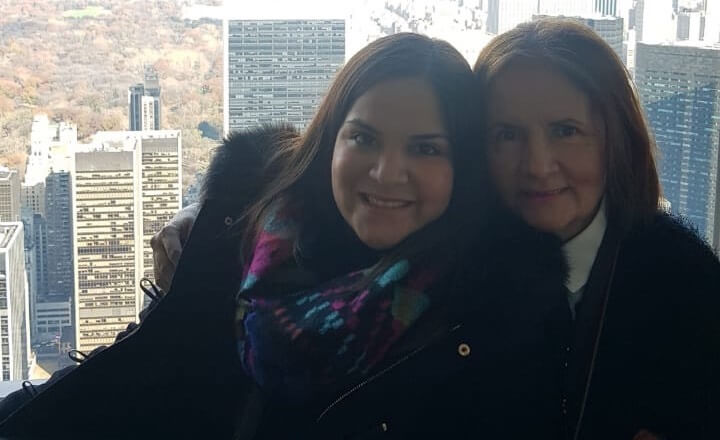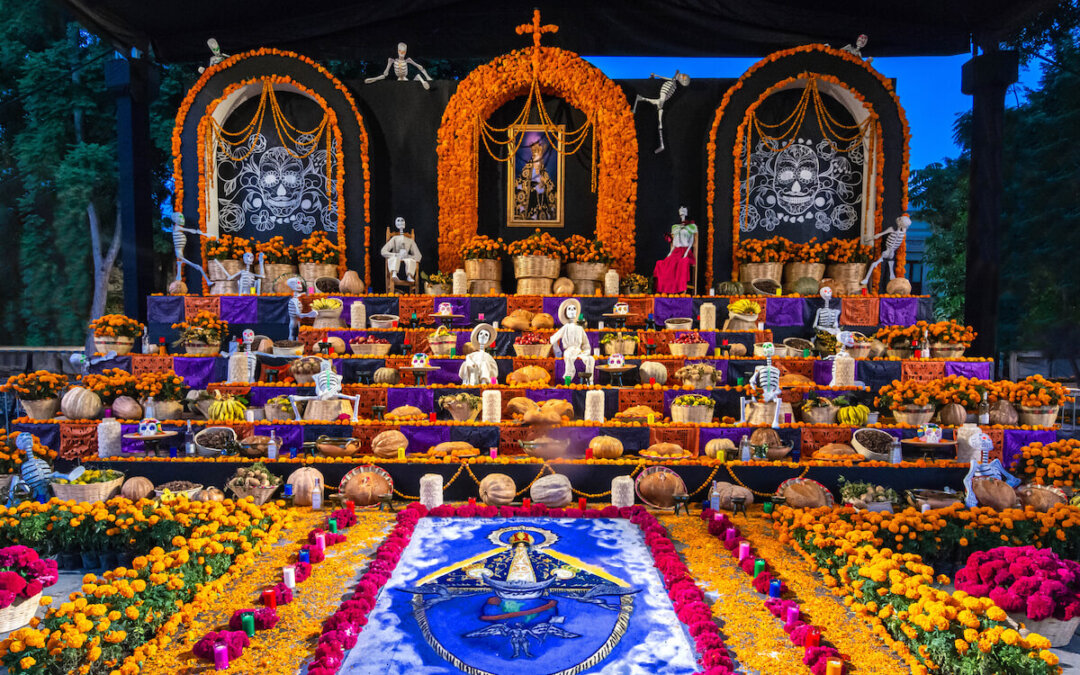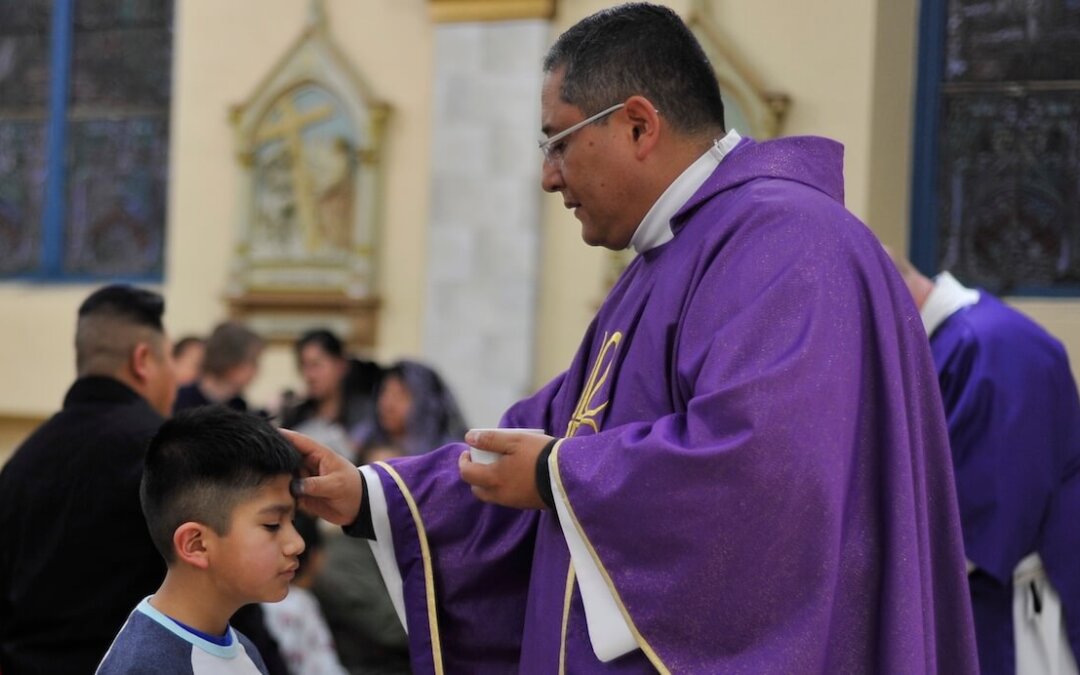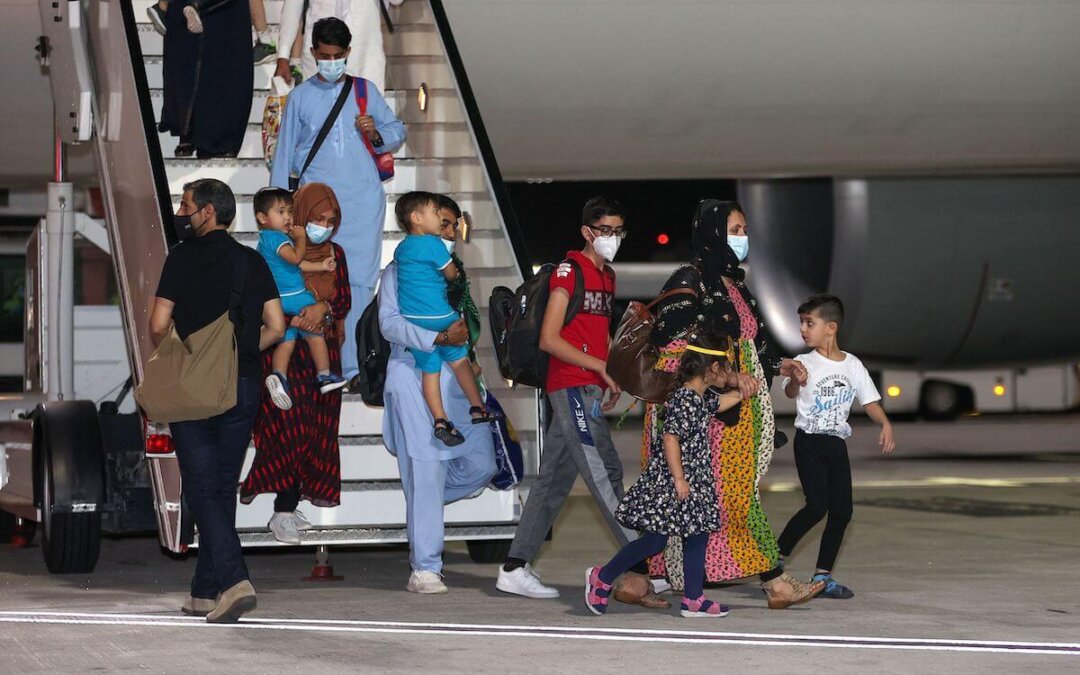
Debbie Espinosa and her mother in Mexico
We Latinos have little sense of personal space.
We are quick to hug and kiss when greeting family and friends. Once in the U.S., including here in Iowa, we share that custom with our newly found friends too.
For many Latinos, those who can afford it and are documented, it is not unusual to plan vacations to our home countries. If there is a will, there is a way. Undocumented individuals don’t have that privilege, and they are unable to visit for fun, during illness or the loss of a loved one.
When the coronavirus began to spread around Asia and Europe, it felt remote and many began to talk about it during conversations locally and then with family and friends back in Latin America. Then last week, reality sunk in, a global crisis began to loom in the U.S. The pandemic continues to shrink and expand our view of the world. Immigrants, non-immigrants, Iowans — we are all impacted.
I have been writing about immigrants, so I reached out to individuals here in Iowa, Mexico and Honduras to learn how families who are living apart are coping with this global crisis.
Debbie, who lives in Mexico, was the first person I contacted. I was curious to know her perception of the U.S. and how the government is handling things here.
“I think the measures were taken a little late, and now you are trying to make it up for it,” she said. “Closing the borders, I believe, was a little extreme, because the virus is already in the U.S., and now all the people that are coming back will most certainly bring more cases with them. I hope soon you start reducing the cases and get to go back to normal life.”
I also asked her about how she and her mom, who is in her 60s, are dealing with COVID-19. Debbie said that she is staying home and not going out unless it is strictly necessary. She is avoiding restaurants, bars and clubs on the weekends.
“I think our government has been ignoring the signs of what’s been happening in other countries, and now we as the private citizens have to take the measures that the government hasn’t taken,” Debbie said. “I’m scared to end up having situations such as the one we are witnessing in Europe, so I hope we can start creating a conscience at least with the people around us.”
[inline-ad id=”0″]
Debbie’s concerns are valid and real for many third world countries where governments are weakened by corruption and drug violence.
Another distinct cultural characteristic in Latin America is that the elderly are usually cared for by their families in their homes. There are few nursing homes or other services for older adults. This means that families must take additional and more extreme steps to protect their older relatives. Knowing this, I reached out to Joel in Tegucigalpa, Honduras. Joel is related to one of my friends and she was worried because their father is 85 and lives with several diagnoses that put him in a high-risk category.
When I talked to Joel and others in the family, their concerns were palpable, and he described in detail all the measures they set in place to keep their father and the rest of the family safe and healthy. To start off, they gathered and talked about all the things they needed to do. There are five members in the family, Joel, 45, his sister, 53, brother-in-law, 65, and the youngest, Elizabeth, 17.
He went on to tell me that his preparedness started a week early when he went to purchase additional food, propane gas for cooking and drinking water. Public services in many Latin American countries are scarce. In Tegucigalpa for instance, residents receive running water for a few hours three days a week. Households build or purchase water tanks in order to make that water last.
Joel then handed the phone to his sister Iris, and at that point we switch from a call to a video call in the WhatsApp platform because she wanted to show me their home. It made me think of how lucky we are to be able to see each other and talk in real time. She went ahead and began to walk us through the house. She explained that because of increasing violence, there are several gates before anyone can access the house.
Once past the last gate she points to a table into the patio. I see there are several containers on the table including disinfectants and paper towels. She said the instructions are to clean whatever they touched in their way in and wash their hands right after that. Another important part of caring for their father was to have enough medications for him, eight different ones in total. He must use private insurance, so everything is out of pocket. The public health system has been neglected over the years so that will not be an option for him.

Everyone has new duties including the youngest family member, Elizabeth. She must make sure to apply eye drops for her grandfather’s glaucoma. In addition to her new responsibilities at home, she is excited to start her graphic design courses, now online.
Iris teaches preschool at a bilingual institution with the same schedule as U.S. schools. They are now closed, possibly until the end of the school year.
Our video conversation was interrupted by a noisy megaphone message from the local police as they went through their neighborhood with the following announcement: “Permanezcan en sus casas para estar a salvo y prevenir la transmisión del virus corona” (“Stay home to be safe and prevent the transmission of the corona virus”). I wished her well as she needed to listen intently to the announcement.
My friend wanted to travel to Honduras to help care for their dad, but Honduras closed their borders, including airports. Now she must wait and hope her relatives remain healthy and safe.
The new normal forces us to think and act differently here and abroad. For Latinos and other cultures that enjoy the warmth of an embrace and a kiss on the cheek, their customs will have to change for now.
[inline-ad id=”1″]
In Iowa we have the advantage, at least for now, of a system that works, a local government that displays responsible behavior to protect its residents. We also enjoy available public services that work and there is a sense of solidarity that comes with the privilege of living in a country with abundant resources.
The coronavirus is constantly changing our reality, expectations and outlook. Social platforms might get us closer to our families and friends and help us share our love and concern with our relatives back home. Our beliefs, faith, and trust are being tested. One thing is for sure, this is a great opportunity to display our humanity. To learn that we are a global community, not Iowan, not Latino, just a global community that needs to look out for one another as we travel this new road of uncertainty. We can do it with love and compassion for all and not in the spirit of division that so many thought, early in the political season, would stop us from caring about each other.
So, in the spirit of solidarity, stay home, stay well, stay kind. We are JUNTOS (together) in this.
Sending you all the virtual Latino hugs and kisses we are unable to share with you right now.
by Claudia Thrane
Posted 3/19/20
Politics

Biden marks Earth Day by announcing $7 billion in solar grants
The Biden administration on Monday announced the recipients of its Solar For All Program, a $7 billion climate program that aims to lower energy...

6 terrifying things that could happen if the Comstock Act is used to target abortion
Does 1873 sound like a really, really long time ago? Well, that’s because it is—but if Republicans and far-right anti-abortion activists have their...
Local News

No more Kum & Go? New owner Maverik of Utah retiring famous brand
Will Kum & Go have come and gone by next year? One new report claims that's the plan by the store's new owners. The Iowa-based convenience store...

Here’s a recap of the biggest headlines Iowa celebs made In 2023
For these famous Iowans, 2023 was a year of controversy, career highlights, and full-circle moments. Here’s how 2023 went for the following Iowans:...




